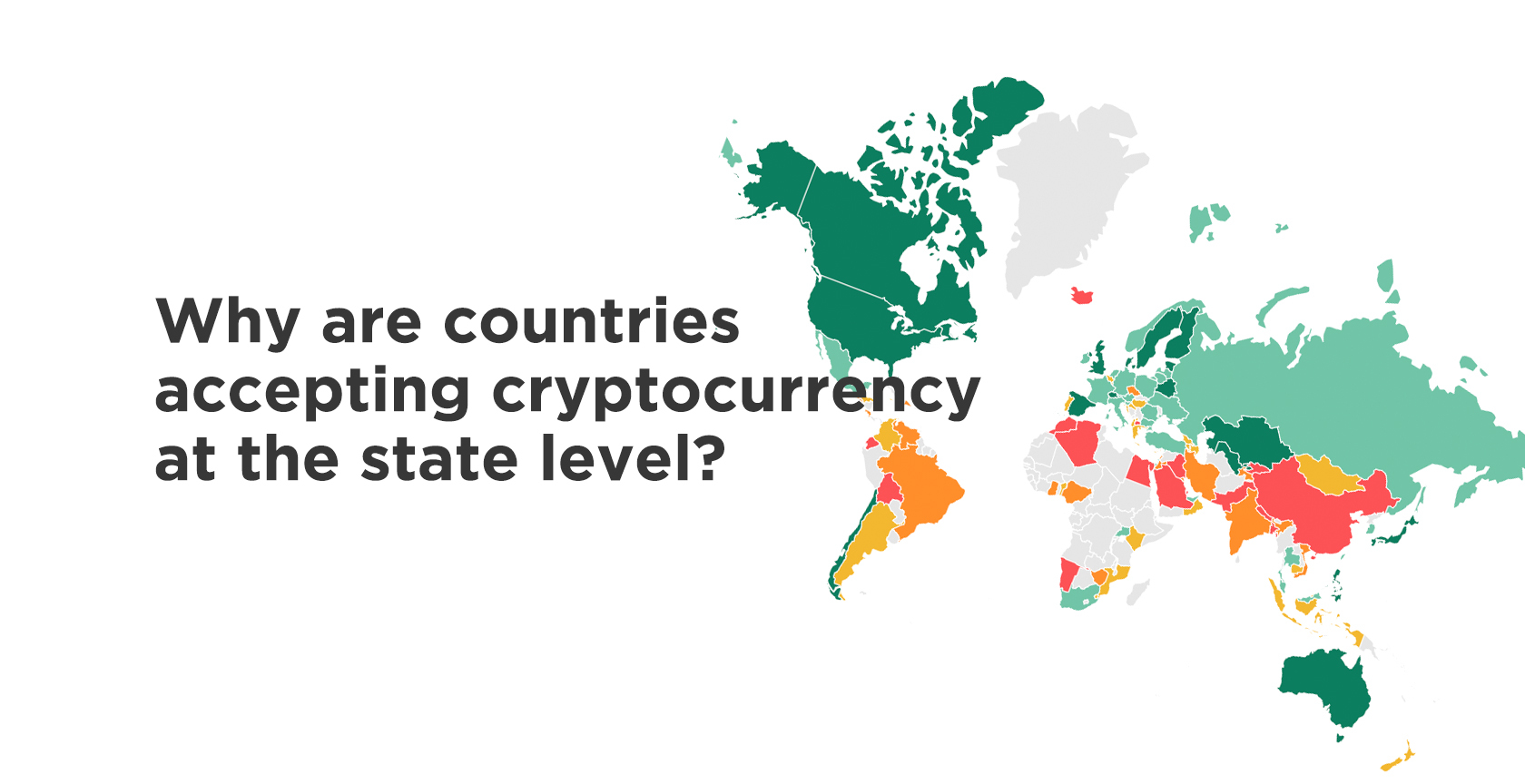In this article, we will explore the legal and political landscape of cryptocurrencies around the world. Over the past six years, cryptocurrencies have become ubiquitous, prompting more national and regional authorities to get involved in their regulation.
Which countries have already recognized cryptocurrency at the state level?
The battle to legalize cryptocurrencies has been going on ever since bitcoin success stories started appearing on the Internet. Approaches to regulation differ, although they are constantly evolving.
Many countries are seeking to legislate the exchange of cryptocurrencies. For example, Estonia was one of the first to pass a cryptocurrency regulation law, which allows licensed crypto exchanges to operate officially. By the way, Cratos crypto exchange service also has an official license in Estonia, which complies with the legislation of European financial regulators in the EU.
In the United States, five bills that specifically aim to expand and explore the use of blockchain technology were created in 2019. One of them focuses on how blockchain technologies can be used by the Export-Import Bank1.
To date, countries that have already issued their cryptocurrencies include:
— Ecuador,
— China,
— Senegal,
— Singapore,
— Tunisia.
And Estonia, Japan, Palestine, Russia, and Sweden are among those countries who are already looking to launch national cryptocurrencies.
What advantages does the introduction of cryptocurrency at the state level provide for society?
• Cryptocurrencies can provide significant benefits by overcoming a lack of public trust and increasing access to financial services.
• Cryptocurrencies can become a vehicle for supporting growth in developing countries by increasing financial accessibility, providing better traceability of funds, and helping people escape poverty.
• Cryptocurrencies can help improve the living conditions of foreign workers from developing countries by reducing the cost of remittances.
Why is it more profitable for states to accept cryptocurrency than to prohibit it?
Along with the undeniable advantages of introducing and legalizing cryptocurrencies for society, we would like to note the following additional advantages for states:
• Centralized digital currencies can allow governments to modernize payment infrastructure.
• The legalization of digital currency at the state level can attract companies and businesses, which will provide additional cash flow to the country’s treasury.
As James Cooper2, professor of law and blockchain advisor, astutely observed, “There is nothing more centralized than a government controlling decentralized technologies such as blockchain and cryptocurrency.”
Here are several examples of states that have successfully legalized cryptocurrency technologies and are currently attracting additional investments.
• Singapore, commonly referred to as one of the world’s “cryptohavens”, established a balanced legal and regulatory regime.
• Portugal facilitated the spread of cryptocurrency through technology-free zones.
• Gibraltar is positioning itself as a cryptocurrency hotspot this year by attracting companies that offer official licensing.
• In July of 2020, the Swiss government passed a legislative package aimed at encouraging crypto businesses by lowering legal barriers to blockchain applications and distributed ledger technology.
Summary
The journey of cryptocurrency is a story about the technology that is rapidly outpacing the laws that govern it.
Regulation of both cryptocurrencies and cryptocurrency exchanges is essential for the future of digital finance. And governments around the world are well aware of this.
It is giving legitimacy to the digital financial market and increasing its attractiveness for new enterprises, existing banks, and investors, which will allow states not only to simplify the process of doing business within this ecosystem but also to attract additional investments.
